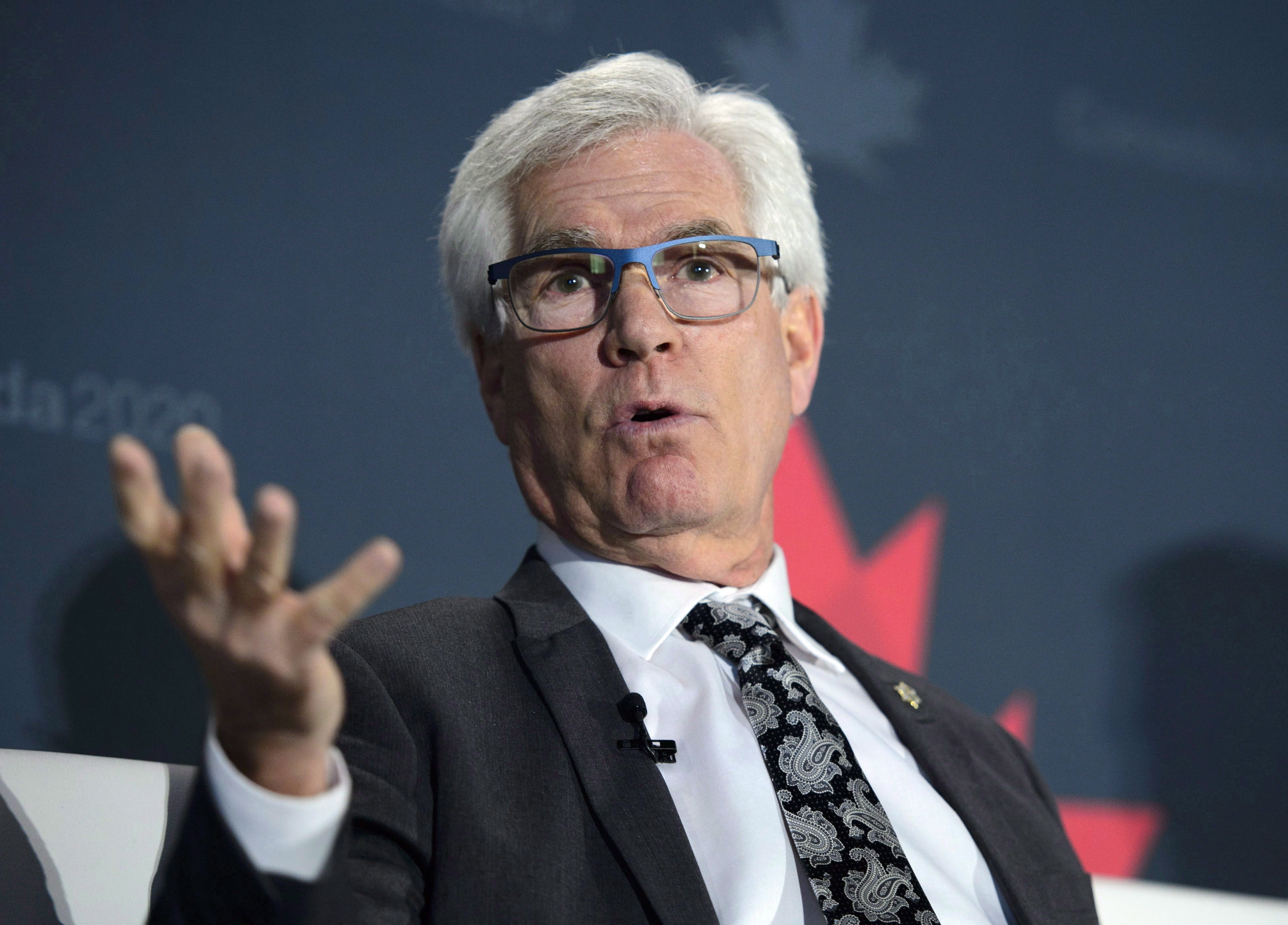
Don’t give up hope of working for a top-tier investment bank, if you fail to nail a job in one straight after graduation, says UBS’s top investment banker in Asia.
In recent years about 60% to 70% of UBS’s graduate hires in Asia have previously interned with the bank, says David Chin, head of corporate client solutions (the investment bank) for APAC at UBS. “But don’t despair if you miss out on an intern place or a grad job with us or another tier-one bank,” he adds. “In Asia, even more than in other regions, the investment banking sector is changing rapidly, and the skills needed are changing just as fast. This means there may well be opportunities for you in the near future, after you start you career elsewhere,” he adds.
UBS in Asia, for example, is currently hiring at associate one and two level – and it isn’t just filling these positions with people who’ve spent their early careers at other large banks, says Chin. The Swiss firm is open to candidates from employers such as accountancy firms, consultancies and tier-two and three banks.
The subject you majored in at university “doesn’t matter too much” when you’re applying for a junior investment banking job at UBS in Asia, says Chin. “Our young bankers today come from more diverse academic backgrounds than when I started out in the 1990s,” he says. “While many juniors have finance degrees, a willingness to learn about the industry is much more important. But if you didn’t study finance, you still have to be numerate – you can’t be afraid of learning financial modelling. And you must be prepared for a steep learning curve,” he adds.
Chin says that despite Hong Kong and Singapore being leading financial centres, global banks are no longer an automatic top choice for elite graduates in the two cities. “Grads have more choices these days. Chinese investment banks, fintech startups, large tech firms, private equity firms, and consultancies are all hiring in Asia,” he says. “For some people, IBD may now be a second or third option. That’s why it’s important that banks pitch ourselves to young people, as well as them pitching their skills to us.”
Chin’s pitch is that investment banking provides young people with a platform to start their careers that other industries still struggle to match. “A bank like UBS provides great training as well as exposure to companies in different industries and at different stages of growth – pre-IPO, M&A, IPO. You get fantastic early exposure to senior people internally and externally, and there’s a great sense of achievement when you work on a deal that closes,” says Chin.
His own career began in 1994 when he joined SG Warburg, the London-based IB that UBS acquired in 1995. “I was one of the early birds working on Chinese deals when China first started opening up its financial markets in the 1990s. It was exciting times – I worked on some of the early cross-border M&As and on financially stressed companies during the Asian financial crisis.”
During the early 2000s, Chin was also involved in the development of China’s Qualified Foreign Institutional Investor (QFII) programme that selectively allows foreign investors to buy ‘A shares’ in the Shanghai and Shenzhen stock exchanges. “The Chinese market was still closed to foreign investors at that time, and the People’s Bank of China liked our proposal to open it up in a controlled manner,” he says. “UBS became the first QFII operator in 2003, which set the tone for the development of our China business.”
Chin was appointed joint head of investment banking for Asia in 2009, but stood down six years later not to join a rival bank, but to return to his alma mater, Cambridge University, as a Visiting Fellow researching the finance sector in Asia. “I’d been deep in the woods of Asian investment banking and wanted a broader view of the industry, from 60,000 feet up,” says Chin. “I was particularly fascinated by the financial reform happening in China, and I wanted to look at that from a historical/macro perspective.”
After a subsequent 10-month stint guest lecturing at HKU and HKUST, China was tempted out of ‘retirement’ by the opportunity to take sole charge of UBS’s Asian investment bank. It was September 2017 and the previous head, Sam Kendall, was moving to New York to lead the bank’s global ECM business. “I knew UBS inside out and had been involved in the development of the business in Asia. I was also attracted to the new chapter opening up at UBS, with us increasing our stake in our China joint venture,” says Chin.
Last November, the Swiss bank won regulatory approval to take a majority 51% stake in its UBS Securities joint venture in China, making it the first foreign firm to assume control under new rules announced by Beijing in 2017. As we reported earlier this month, UBS plans to increase its front-office workforce in China now that it is no longer shackled by China’s ownership curbs.
Image credit: thamerpic, Getty
[“source=efinancialcareers”]






















































